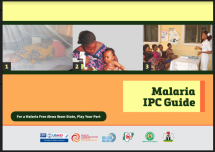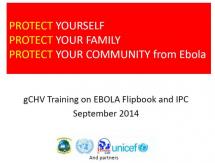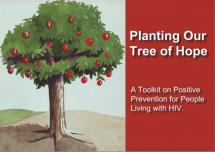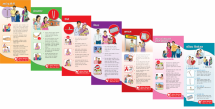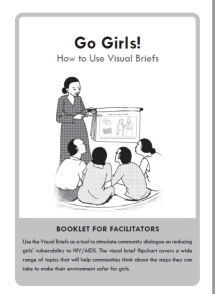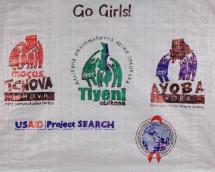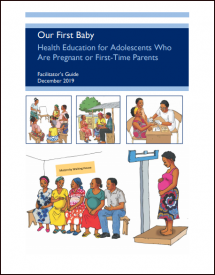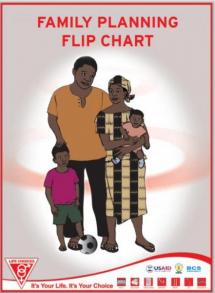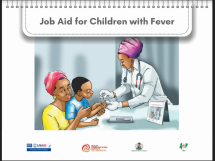Modern Kitchen Campaign, Bangladesh
The Clean Cooking Alliance (Alliance), government agency SREDA, Social Marketing Company and Purplewood implemented a campaign, between 2016 to 2019, for promoting clean cooking products in Bangladesh. The campaign aimed at increasing awareness and adoption of clean (energy-efficient and low emission) cookstoves and clean fuels like LP gas, wood pellets. The campaign also promoted a retained heat cooker, piloted by GIZ Bangladesh.
The campaign aimed to expand the stove-continuum to accommodate improved cookstoves and efficient fuels e.g. LPG, wood pellets. All thirteen products were brought under a category-brand, styled ‘Modern Kitchen’. The big idea was, “Times have changed, change your kitchen.” A social norming approach was also adopted, showing that forward thinking households were upgrading their kitchens, and minding the health of the cook (usually the female household head).
The campaign used radio, print, billboards, rickshaw branding, interpersonal communications (IPC), community-theater, movie-screenings, and fairs. Also used were bulk SMS, helpline and geo-targeted Facebook marketing. All materials were pre-tested in the field and fine-tuned before deployment. In each case, usage situations of clean cooking products were highlighted.
The key pitch was a soap-opera style, over-the-top family drama, screened outdoors. In the story, a flamboyant man realizes that – despite his clothes and gadgets – his meek older brother is more modern; because a truly modern man protects his home and family. Multiple product usage and maintenance videos were produced. To create hype, ‘kitchen makeover’ activities were carried out in 16 locations.
For women, the campaign went into playgrounds and yards. In the street theater performance, the heroine was a young ‘Modern’ new-bride who tries to clean up her in-laws’ kitchen. A TV celebrity endorsed HAP messaging, and starred in a mock Teleshopping Program about stoves. Outreach workers carried videos and materials to households and conducted IPC sessions.
Over 300 days of SBCC activities reached an estimated 1.6 million unique individuals. Online video views totalled 550,000. Final evaluation, carried out by Berkeley Air Monitoring Group, showed a ~40% increase in brand awareness. Nearly 15000 units of clean stoves and fuels were sold during the campaign period.
Source: Purplewood Limited
Date of Publication: November 16, 2021
SIMILIAR RESOURCES
Tools
Examples
- Climate Change: Time to think "Family Planning" Toolkit
- The Infection Control Symbol Package
- Family Planning Counselling Kit
- Coronavirus Disease Overview
- Integrating Family Planning into Other Development Sectors
- PHE Field Implementation: A Simple PHE Resource Guide/Compendium for Practitioners
- The Behavior Change Framework
- Population Health & Environment Toolkit
- Accelerator Behaviors
- Water, Sanitation and Hygiene: 10 Reasons WASH is a Pathway to Gender Equality and the Empowerment of Women and Girls


